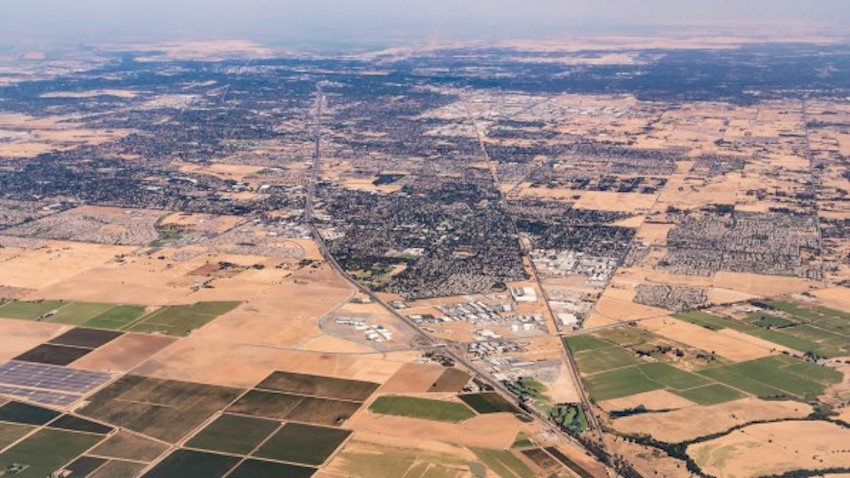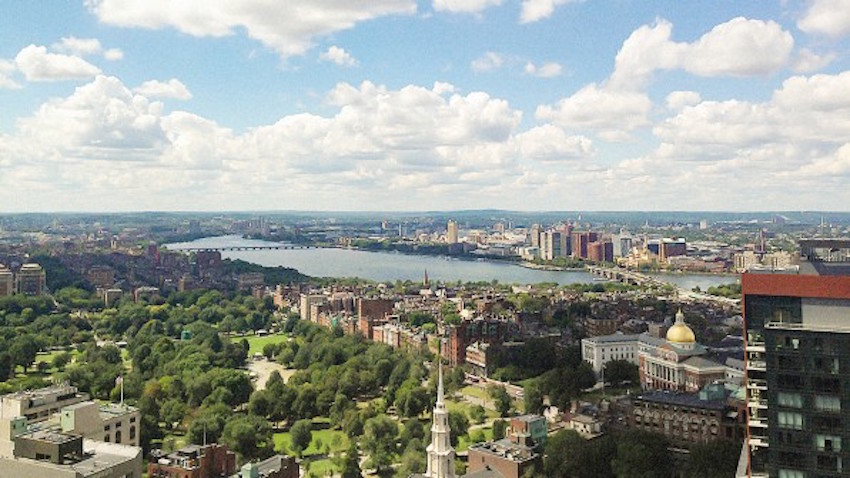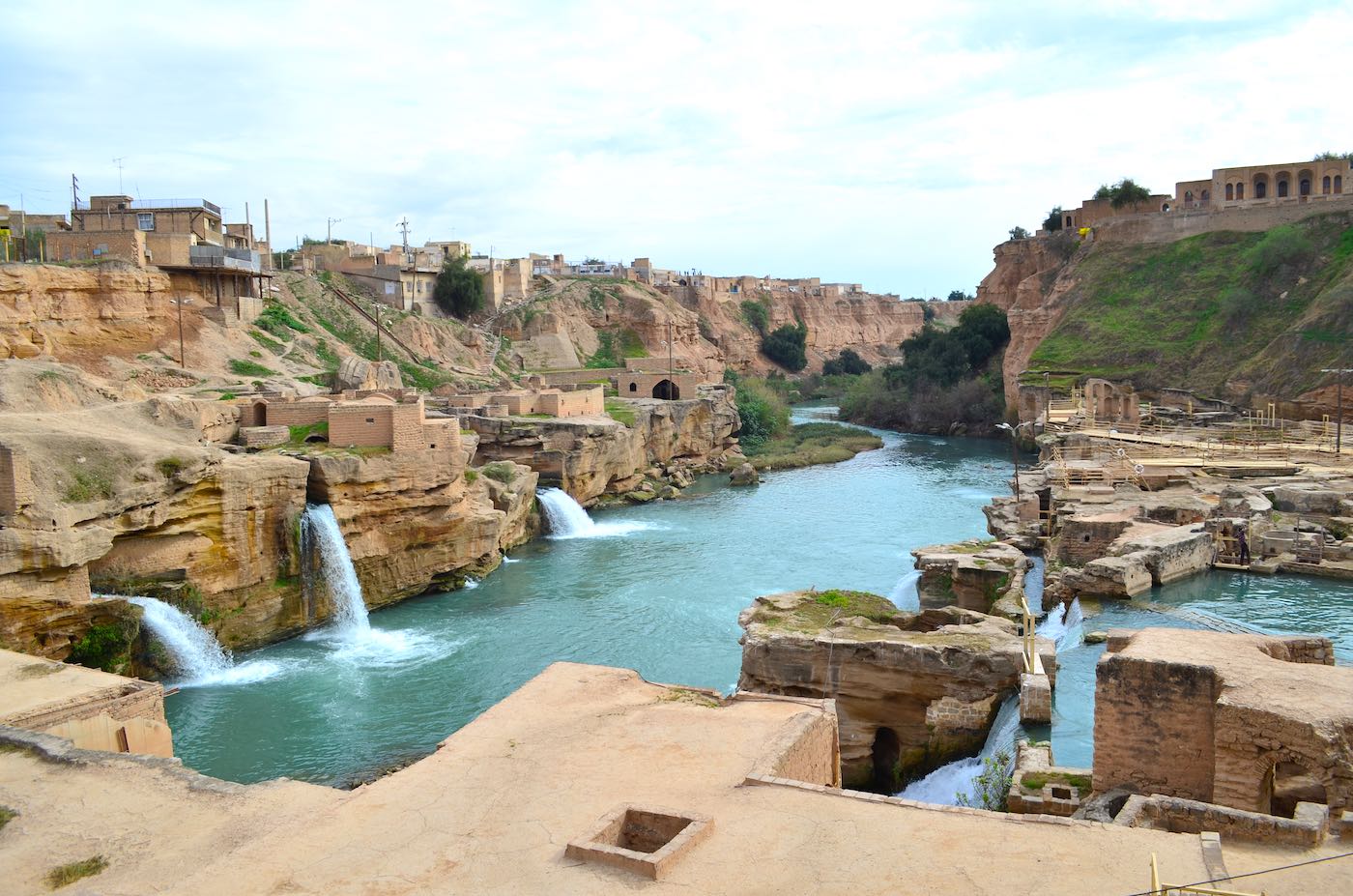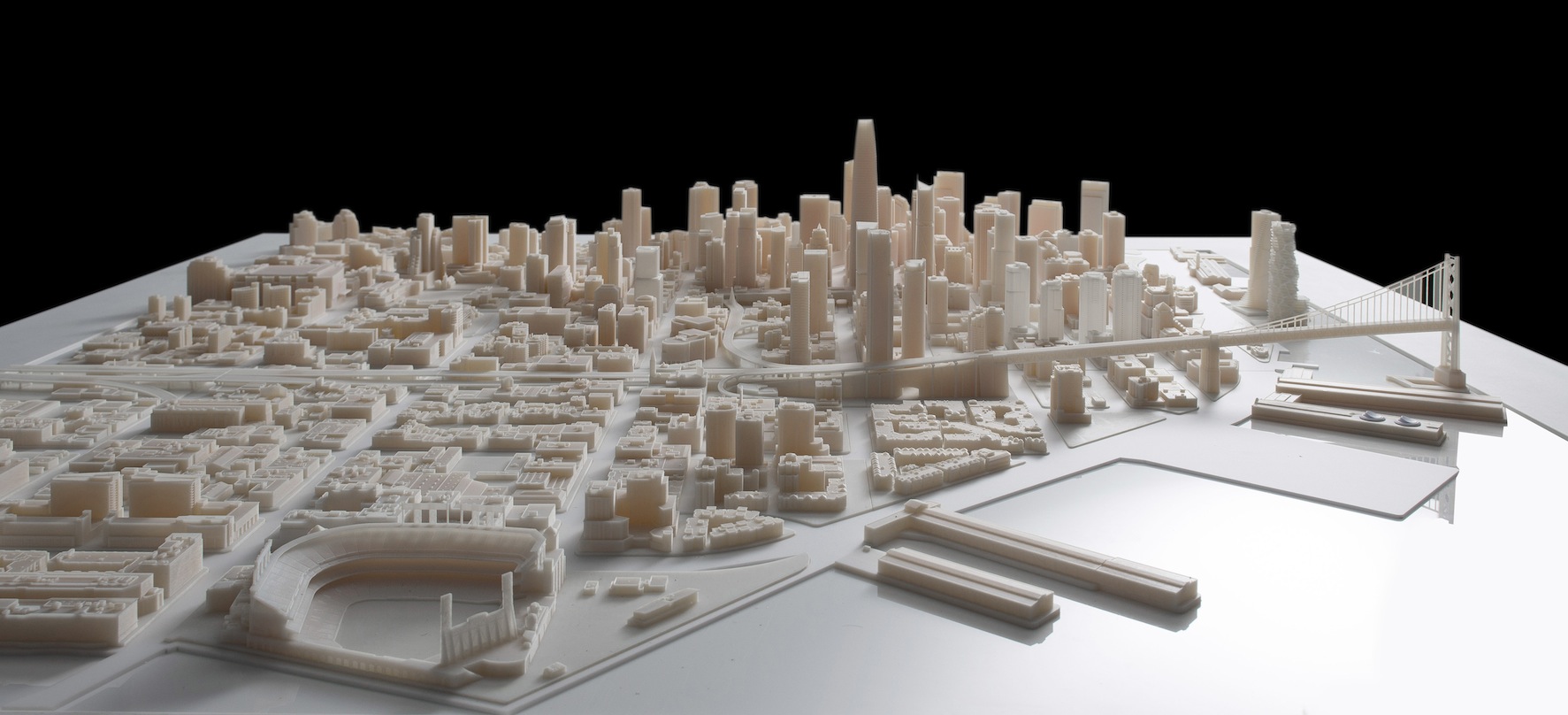Analyzing the “State of the City” speeches from urban leaders across the country gives a sense of the challenges and opportunities.
Mayors are leading the country forward with a positive agenda for America. While most of our eyes are glued to investigations and scurrilous revelations at the federal level, mayors are still hard at work solving the biggest issues facing their communities. In cities, we find proactive policy prescriptions–whether it’s mayors standing against a retrenchment on sanctuary city policies or making the case for infrastructure investments, they are focused on creating welcoming, safe communities.
In their annual State of the City addresses this year, U.S. mayors expressed their priorities for our cities–focusing on the economy and infrastructure, keeping community members safe, and investing in the future.
By analyzing mayoral speeches for our National League of Cities’ annual State of the Cities report, we get a detailed picture of the most pressing issues happening on the ground in cities. Our latest research finds some common themes–economic development, public safety, and infrastructure–continue to be core issues for cities.
However, while cities are seeing an increase in job opportunities and economic growth, they also face serious challenges including housing affordability, crime, and aging infrastructure. Federal and state challenges also continue to grow as cities meet resistance from the federal administration and state legislatures wielding power to blockade city-led initiatives.
From our partners:
But, mayors are not dismayed. Rather than dithering over basic governance, mayors are concerned with impactful issues like laying the groundwork for economic inclusiveness and exploring possibilities surrounding innovations such as self-driving cars, the sharing economy, and more.
Our State of the Cities report examined 120 State of the City addresses in cities large and small—these are the top 10 issues that matter to cities:
10. Data and Technology (mentioned in 16% of speeches)

9. Demographics (mentioned in 21% of speeches)

8. Health (mentioned in 23% of speeches)

7. Energy and Environment (mentioned in 24% of speeches)

6. Education (mentioned in 36% of speeches)

5. Housing (mentioned in 42% of speeches)

4. Budgets (mentioned in 43% of speeches)

3. Infrastructure (mentioned in 43% of speeches)

2. Public Safety (mentioned in 64% of speeches)

1. Economic Development (mentioned in 66% of speeches)

Mayors typically kick off their addresses with economic growth taking center stage, with a particular focus on the number of jobs created and developments breaking ground in the community. This year, mayors increasingly reported wages and employment rates rising to levels not seen since before the Great Recession. However, this growth–while broadly reported–has not been equal among or within cities. As a result, economic inclusiveness is a major priority, with cities rethinking how to use economic development funds and investing in workforce development initiatives.
At the end of the day, mayors are America’s leaders. They seek to lift people up, not pull support from the most vulnerable in society. Mayors are leading on the key issues of our times, whether that be opioid addiction, automation and workforce shifts, active transportation, and climate change. Even when there are fractures in the larger civic puzzle, cities remain a bastion of hope, with mayors serving as the champions for our future.
This feature originally appeared in Fast Company.














